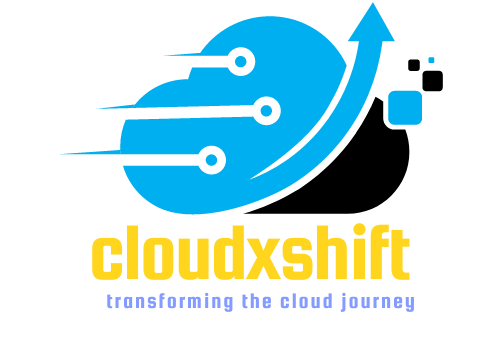
AWS Announces IPv4 Pricing: Paradigm Shift in AWS Networking
Introduction
Amazon Web Services (AWS), the leading cloud computing provider, has once again shaken the industry by unveiling its revolutionary new pricing structure for IPv4 addresses. In response to the growing demand for IP addresses and the need for more flexible and cost-effective solutions, AWS has redefined its IPv4 pricing model, promising substantial benefits to customers and simplifying network management. This article explores the key features and implications of AWS‘s new IPv4 pricing, heralding a paradigm shift in cloud networking.
The Challenges of IPv4 Scarcity
IPv4 addresses, the numerical labels assigned to devices connected to the internet, have been the backbone of network communication for decades. However, the ever-expanding internet and the proliferation of connected devices have resulted in an acute shortage of IPv4 addresses. The exhaustion of the IPv4 address space has led to increased costs and complexities for businesses attempting to procure and manage these precious resources.
AWS’s Innovative IPv4 Pricing Model
To address these challenges head-on, AWS has introduced an innovative and flexible pricing model designed to accommodate a diverse range of network demands while reducing overall costs. The primary components of the new pricing model are as follows:
- Pay-as-You-Go Structure: AWS’s new IPv4 pricing is based on a pay-as-you-go model. Instead of committing to long-term contracts or upfront payments, customers now only pay for the IPv4 addresses they use. This change offers unprecedented cost control, especially for businesses with fluctuating network demands or those entering new markets.
- Per-Hour Billing: AWS has shifted from the traditional per-month billing cycle to per-hour billing for IPv4 addresses. This granular billing approach enables customers to optimize their resource usage and better align expenses with actual usage patterns, leading to cost savings and improved budget management.
- Elastic IPv4 Addressing: AWS now allows users to attach and detach IPv4 addresses to instances on the fly, promoting resource efficiency and flexibility. This elastic feature enables businesses to adapt to changing network requirements quickly and seamlessly.
- Regional Pricing: With AWS’s new IPv4 pricing, the cost of IPv4 addresses may vary by region, allowing businesses to optimize expenses based on their geographical distribution and user location. This region-based pricing strategy enables cost reductions for organizations with specific regional needs.
- IPv6 Adoption Support: As the world gradually transitions to IPv6, which offers a vastly expanded address space, AWS has shown commitment to supporting IPv6 adoption. The new pricing model is designed to incentivize and facilitate the move towards IPv6 by promoting a smoother transition and reducing barriers to adoption.
Implications for Businesses
AWS‘s groundbreaking IPv4 pricing model carries several significant implications for businesses operating in the cloud environment:
- Cost Efficiency: With the pay-as-you-go and per-hour billing, businesses can now optimize their IPv4 address consumption, leading to cost savings and reduced operational expenses.
- Scalability: The elastic IPv4 addressing feature empowers businesses to scale their network infrastructure seamlessly, responding to spikes in demand or adapting to changing market conditions without disruption.
- Flexibility: Regional pricing and elastic addressing enable businesses to tailor their network architecture to specific requirements, optimizing costs and performance based on geographic distribution.
- IPv6 Transition: By offering support for IPv6 and encouraging its adoption, AWS ensures future-proofing of network infrastructure and prepares businesses for the transition to the new protocol.
Conclusion
AWS‘s latest IPv4 pricing model marks a significant advancement in cloud networking. With its pay-as-you-go structure, per-hour billing, elastic addressing, and regional pricing, businesses gain unparalleled control over their network expenses while achieving optimal resource utilization. Moreover, AWS’s commitment to supporting IPv6 adoption demonstrates its vision for a sustainable and scalable internet future. As businesses continue to leverage the power of AWS for their cloud computing needs, the new IPv4 pricing model presents an exciting opportunity to transform network management and drive innovation across industries.
Further Readings





